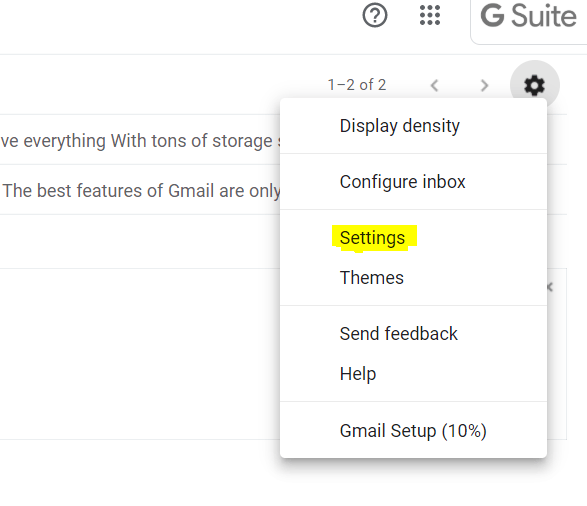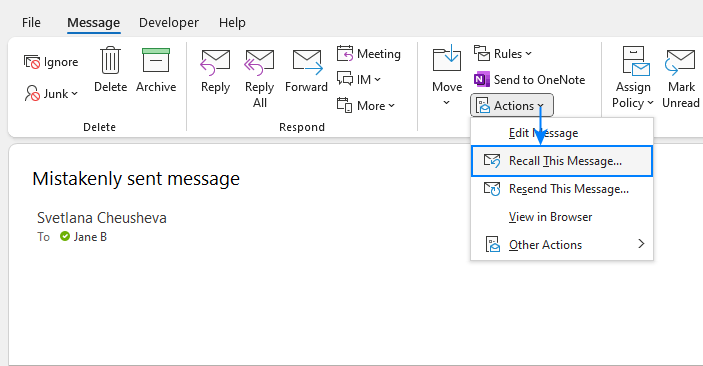

Users in the cloud can recall messages sent to other cloud users but not to the on-premises users. but not for the users who are on the cloud. When a user with an on-premises mailbox recalls a message, it's recalled from all the users whose mailbox is on-premises. The question is from an Exchange administrator in an hybrid environment, with some user's mailboxes in "the cloud" and others using an on premise server. Either of these methods is much better than sending a recall that probably won't work.īoth of the methods above will work with any account type. In Rules and alerts, choose an After sending rule and set the Action to defer delivery by a number of minutes, up to 120 minutes. If you send messages but have second thoughts soon after sending a message, create a rule to hold messages in your Outbox for several minutes before sending it to the server. Along with saving messages to drafts and closing them, the Always check spelling before sending option can help prevent some people from accidentally sending messages. If you hit Send accidentally, the message will try to resolve the letters to a contact and fail, giving you a chance to cancel the send and avoid embarrassment. Since Recall is one of the most useless features in Microsoft Exchange server, make it a habit type random letters into the CC field before you begin your reply. If by chance they happen to read the recall before the message, it will process and remove the message. They can have Outlook open to the mailbox, but since it takes up to two minutes for the recall to automatically process, they are more likely to read the original message before it is recalled. You need to use the Windows version of Outlook desktop software.Īssuming this condition is met and both the sender and recipient are using the same Exchange server, the recipient can't be sitting at Outlook reading their e-mail since recall fails once the message is opened. Recall is not available in Outlook on the web. Recall won't work on messages that are delivered through the SMTP connector (which means messages sent to the Internet will never be recalled).

The first and most important is that it only works with Exchange server accounts and only if the sender and recipient are in the same server organization, with one exception: Office 365 Exchange Online users may be able to recall messages sent to any Office 365 Exchange Online user, including users in other Exchange organizations but only **if your tenant is configured to send RTF outside the organization**. I'm just kidding on those steps, but I'm not kidding when I say that recall really only works under certain very specific conditions. You need a blue moon on a warm starry night, then throw a pound of salt over your left shoulder: and once you do all that, it still probably won't work. Several things need to happen for recall to work.


 0 kommentar(er)
0 kommentar(er)
